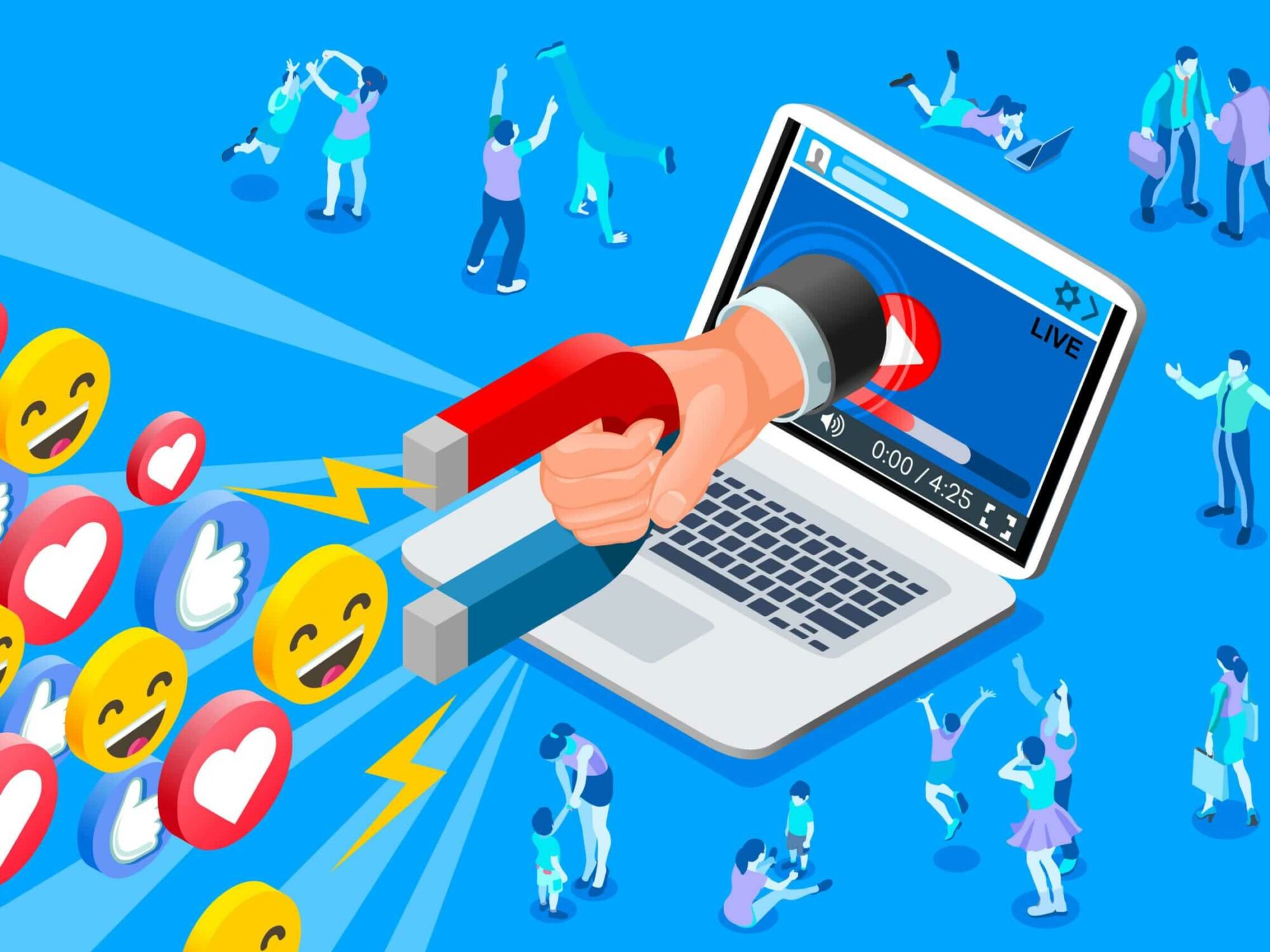3 Strategies to Personalize Your Social Media Marketing Campaigns
Source: Business2Community
Any marketer or social seller should know how impactful personalization can be within their marketing. Epsilon research recently found that 80% of consumers are more likely to do business with a company that offers a personalized experience. Personalization allows you to provide specific content to a very targeted audience that will find it most relevant. But that can be difficult on social media where you aren’t interacting with a single person, but a large number of followers at the same time. You can’t create content for one specific follower, the rest of your followers would never want to interact with it.
A 2017 study by Monetate, found that 79% of companies that exceeded revenue goals had a documented personalization strategy in place within their marketing operations. That’s a pretty strong correlation. Finding ways to inject personalization into your social media strategies, where personalization is much harder to pull off than in, say, paid advertising or email marketing, can re-shape the way that you think about social media.
But to understand how you can increase personalization in your social media marketing, let’s define what personalization is and how it works. After that, we’ll outline specific strategies for injecting personalization into your social media marketing campaigns.
What is Personalization in Marketing?
Consider a sales presentation. Good salespeople know that for a sales presentation to really hit home, they have to customize that presentation to their audience. You wouldn’t present a soccer training program for a hockey team. That is personalization at its most basic level.
But it goes much deeper. In sales presentations, personalization is all about catering that presentation to your audience’s specific needs. Some customers want to know more about specific features. Others want hard facts and statistics to illustrate the assertions that are made in the presentation. Others may want to have specific objections and concerns answered. Each member of the audience has different needs in terms of what they want to hear from the salesperson. Getting a feel for your audience and being able to deliver the things that they want to hear about your product is the trick, both in sales and in marketing.
Think about the last time you shopped on Amazon. If you bought an iPhone, you would probably see accessories on your “recommended items” list for some time after you made the purchase. This is a good thing both for the company and you. You want to see those accessories. After all, you just bought a new iPhone and want to make sure that they have the tools to get the most out of it. The company wants to sell more products and increase their average order value. It’s a mutually beneficial and personalized addition to their website.
Put into as simple of terms as possible — marketing personalization is a strategy where businesses use audience analysis, analytics, and data to deliver relevant messages to their target audience. This means putting the information that you collect to use in creative and interesting ways to grab your customers’ attention and deliver a better overall experience with your company.
Customers Want Personalized Content
Personalization doesn’t just work, customers actively want it. The type of recommendation systems that have worked in the favor of Amazon, Netflix, and other huge technology companies can be just as effective for small, diligent eCommerce companies.
Smart recommendations and personalized content aren’t seen as something that is a nice addition to digital sellers, it’s something that all companies must have. Customers expect it. Check out the results from a 2016 poll from Accenture:

Customers have made it clear, they want relevant recommendations and personalized content. They want brands that get to know them the more they interact with each other. Consumers want brands that remember them, who they are, and what they want from the company.
In some channels (like email marketing), personalization is straightforward. There are creative ways to use the data that you collect. But emails are direct communications with people that have subscribed to your list. You should know at least something about them based on that fact. When it comes to social media, finding ways to inject data for true personalization into your campaigns can be difficult. Most of your followers will have never engaged with a single piece of your content. And those that have may be difficult to pinpoint.
Benefits of Personalization in Social Media
Now, with those basics out of the way, let’s dive a bit deeper into the real-world advantages that you can expect from using it. The benefits are numerous and will reverberate throughout your business once you have a consistent way to facilitate interactions that are more personal across all of the social networks that your company maintains a presence on.
